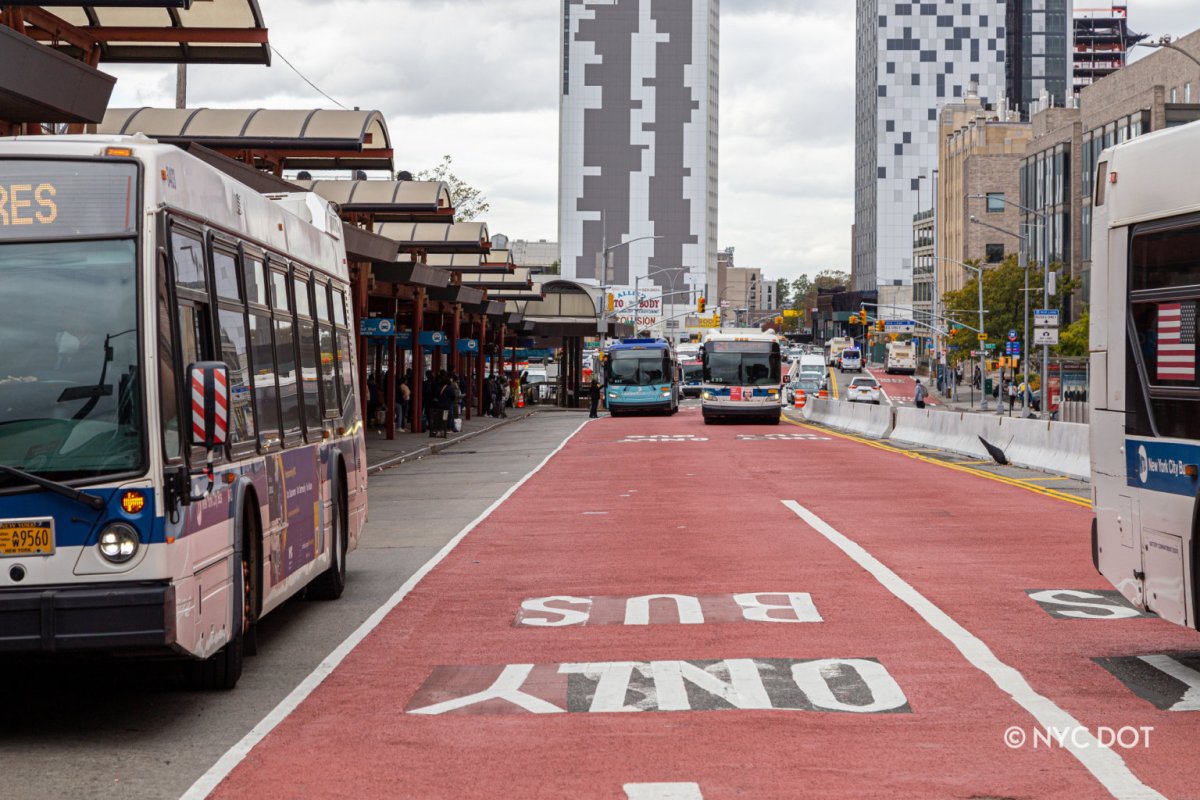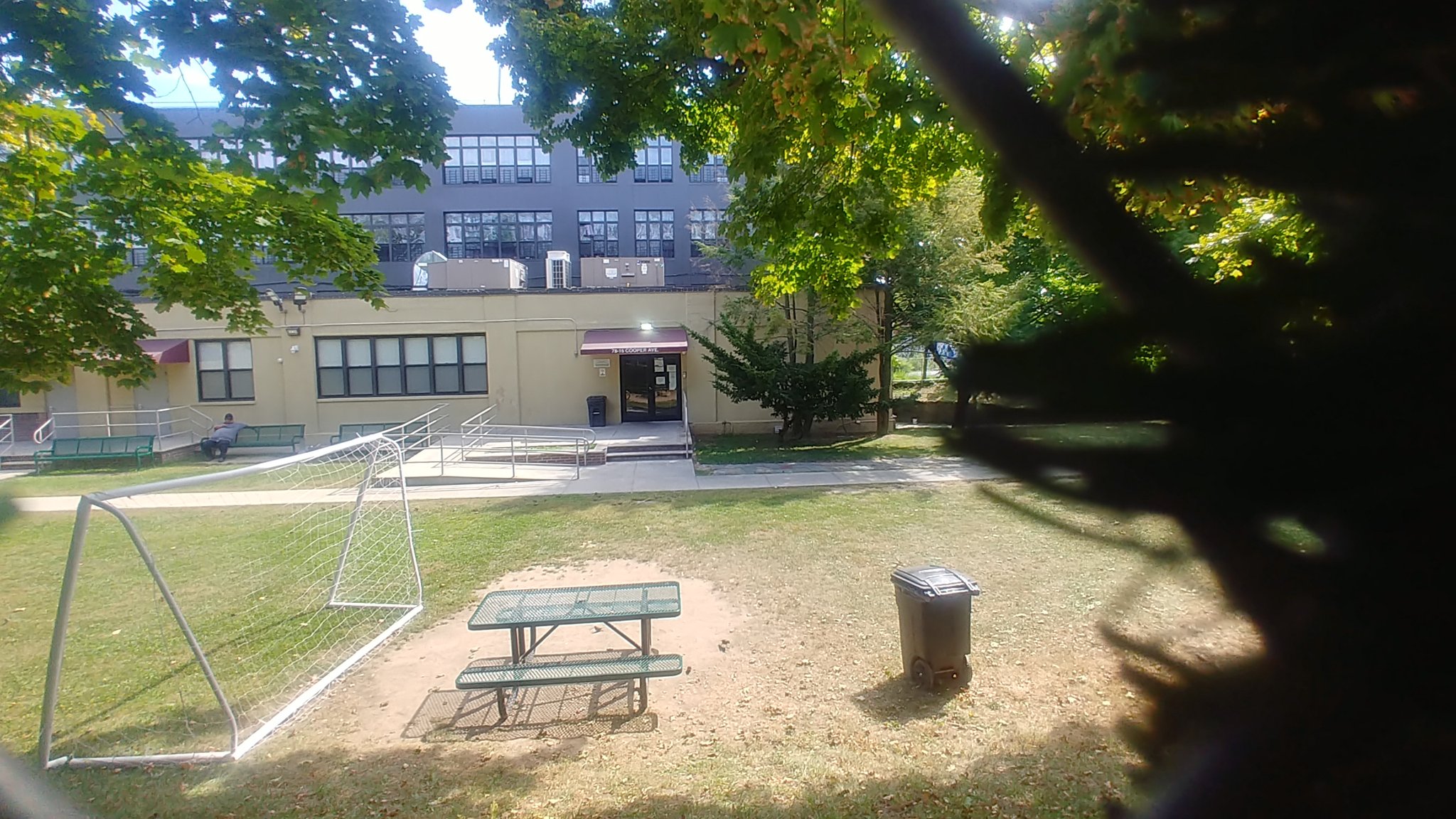
The MTA board approved a new Queens bus network redesign on Wednesday that aims to provide better service with faster commutes — but also fewer bus stops.
The $35 million network overhaul includes the addition of 11 more local routes, bringing the total number of bus routes in the borough to 124 (up from 113). Seventeen existing routes will also run with increased frequencies, while eight routes will get increased service spans.
Another major highlight is the addition of “rush routes.” These new lines would operate similarly to subway routes in which some trains run locally for a few miles before switching to express service toward major destinations.
The MTA will add 25 rush routes to the bus network as early as this summer, with full implementation by Labor Day. Details on how they will operate — including time of day and days of the week — are still being finalized. But MTA officials said the swift service would be a game changer for many Queens straphangers, especially those with two-step commutes.
The agency has been working on a bus redesign since 2019 to accommodate the borough’s changing population and ridership. More than 800,000 commuters ride the buses in Queens each day.
“It represents a generational opportunity to redesign the bus network in a borough that is nearly the size of Chicago,” said Chris Pangilinan, NYC Transit’s chief of operations planning. “We have not had the opportunity in many decades to redesign it, despite the growth that is happening in the borough and in the city.”
Pangilinan added that the increases in service, including weekend service, will support changing travel patterns in the borough.
“New types of routes, routing changing and increased frequencies, increased spans of service and more weekend service recognizing that people’s travel patterns have changed over the last many decades, especially over the last five years,” he said. “We need to be able to have a new bus network that serves people.
However, the redesign will eliminate some bus stops to speed up travel time, creating further distances between existing stops—a potential problem for New Yorkers with mobility issues.
The Q110, for example, which runs on Jamaica Avenue East, will be rerouted and experience “minor stop balancing”. That means there will be nearly 1,400 feet between stops compared to the previous 752 feet of space.
The bus will be rerouted and extended along Jamaica Av/Jericho Tpke to the existing Q36 terminal in Queens. Q110 service along Hempstead Av will be discontinued and replaced by the new Q82.
Many passenger and disability advocates expressed serious concern about this and other changes.
Jack Nierenberg, vice president of Passengers United, said eliminating bus stops will create “barriers to access” for many disabled New Yorkers and seniors who might have mobility issues.
“The MTA is just shifting bus routes around. Most concerning to us is the elimination of nearly 1,800 bus stops, which was increased from the 1,400 that were proposed in the 2023 plan. The MTA is touting that this will speed up the buses, but what it really does is create barriers to access for senior citizens, people with disabilities, and other mobility issues who can’t necessarily walk farther to get to the bus stops.”
Niernberg added that he and others in his organization studied the redesign documents and said the needs of vulnerable New Yorkers were not considered.
“The MTA needs to reconsider their bus stop eliminations,” he said.






